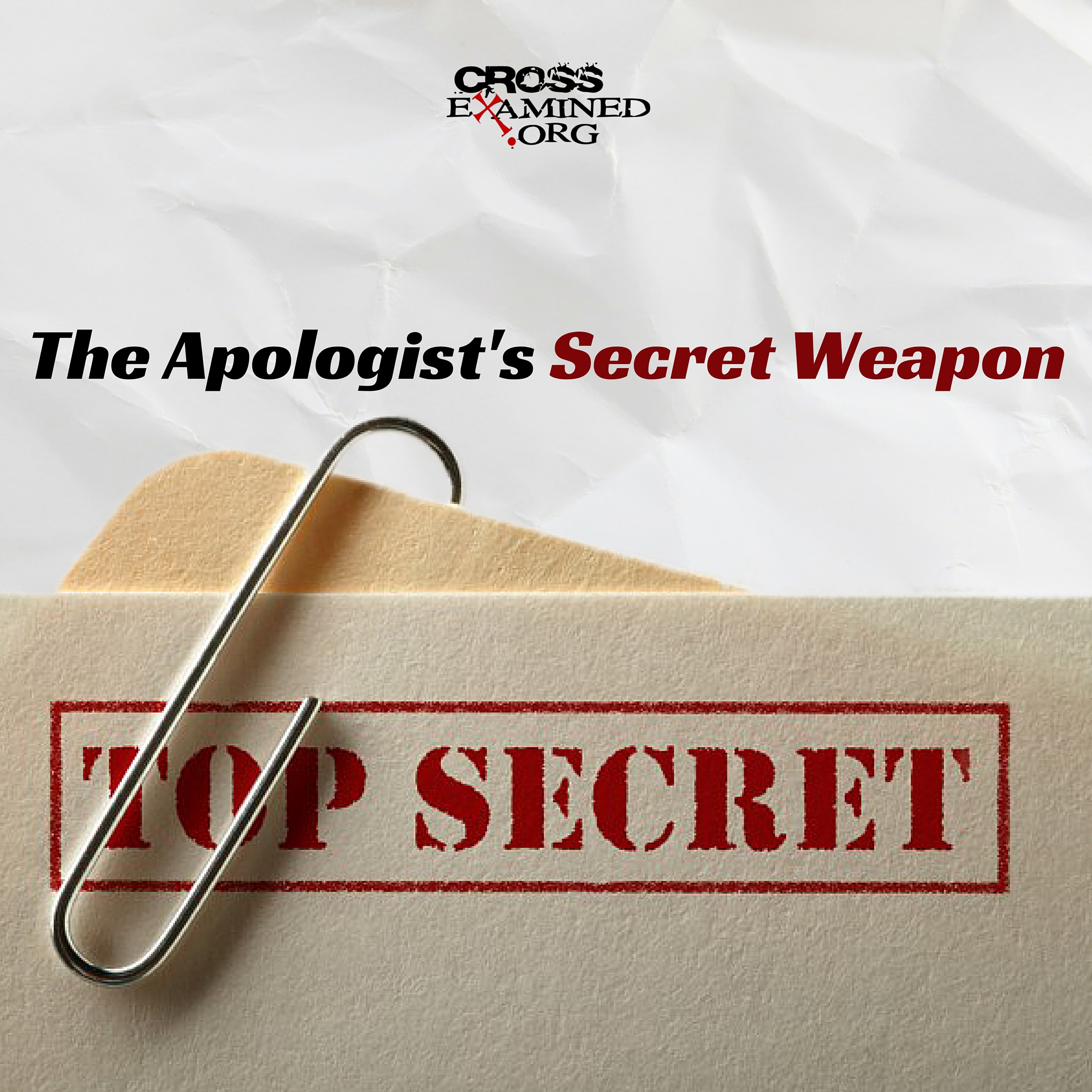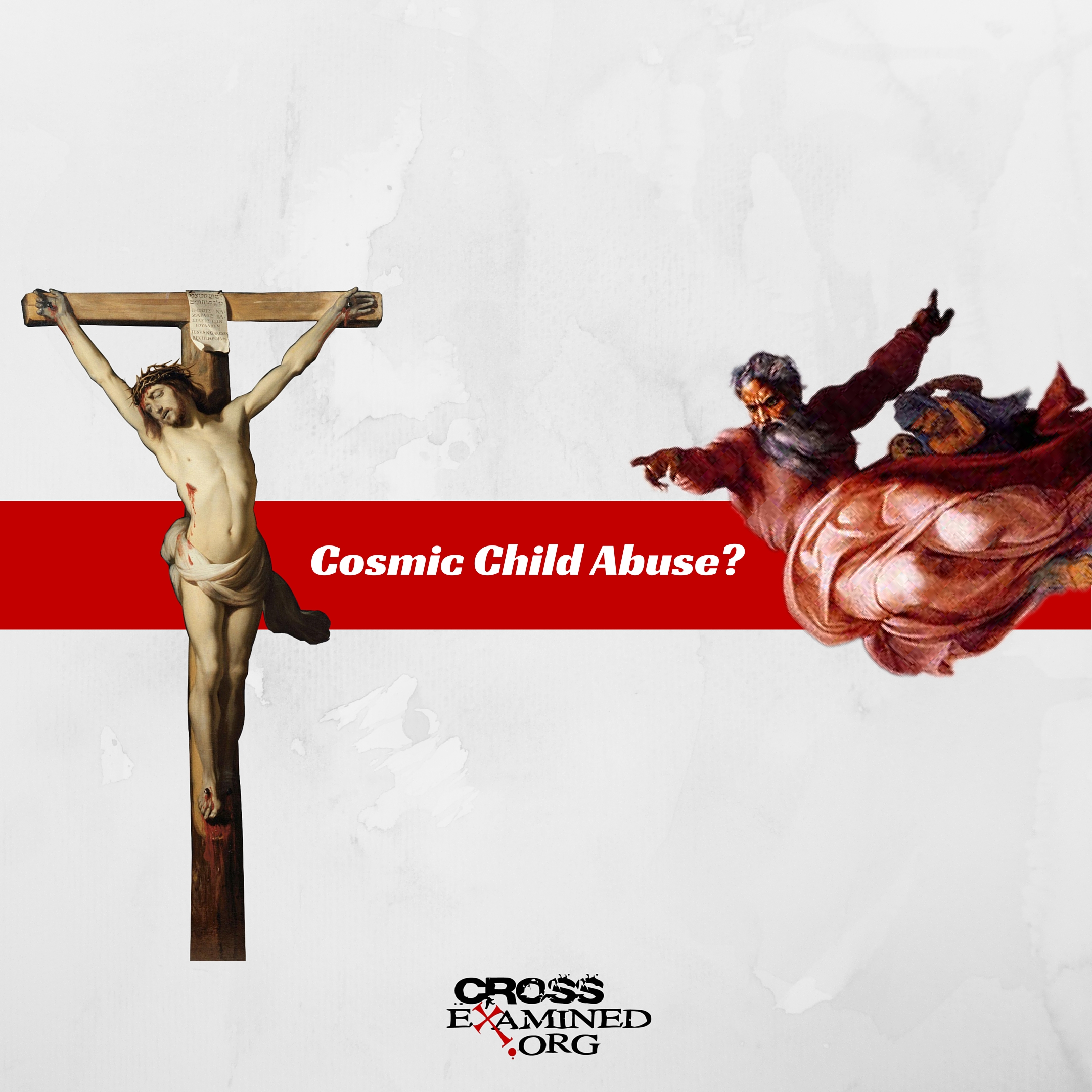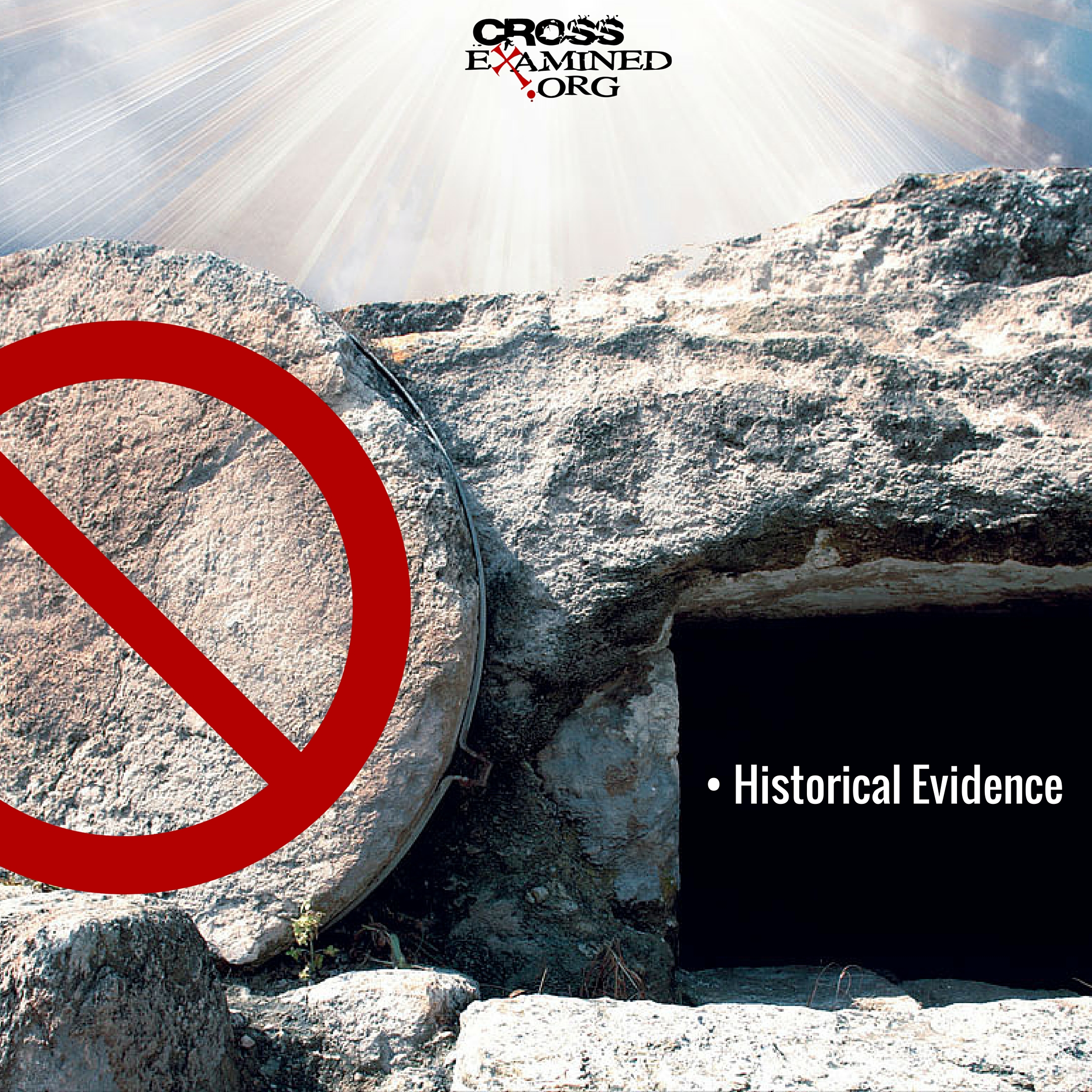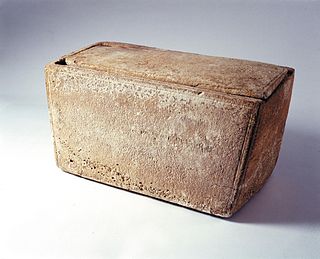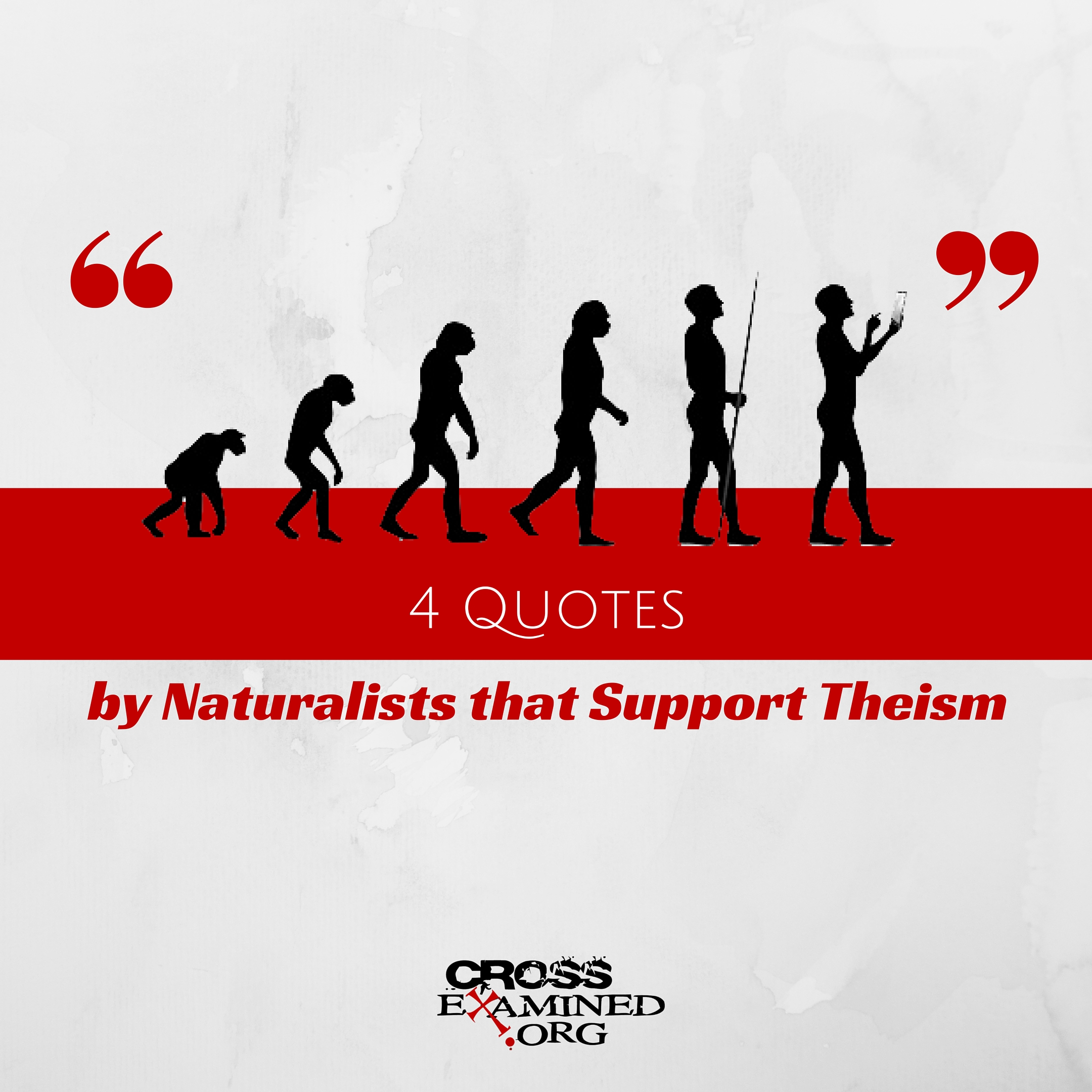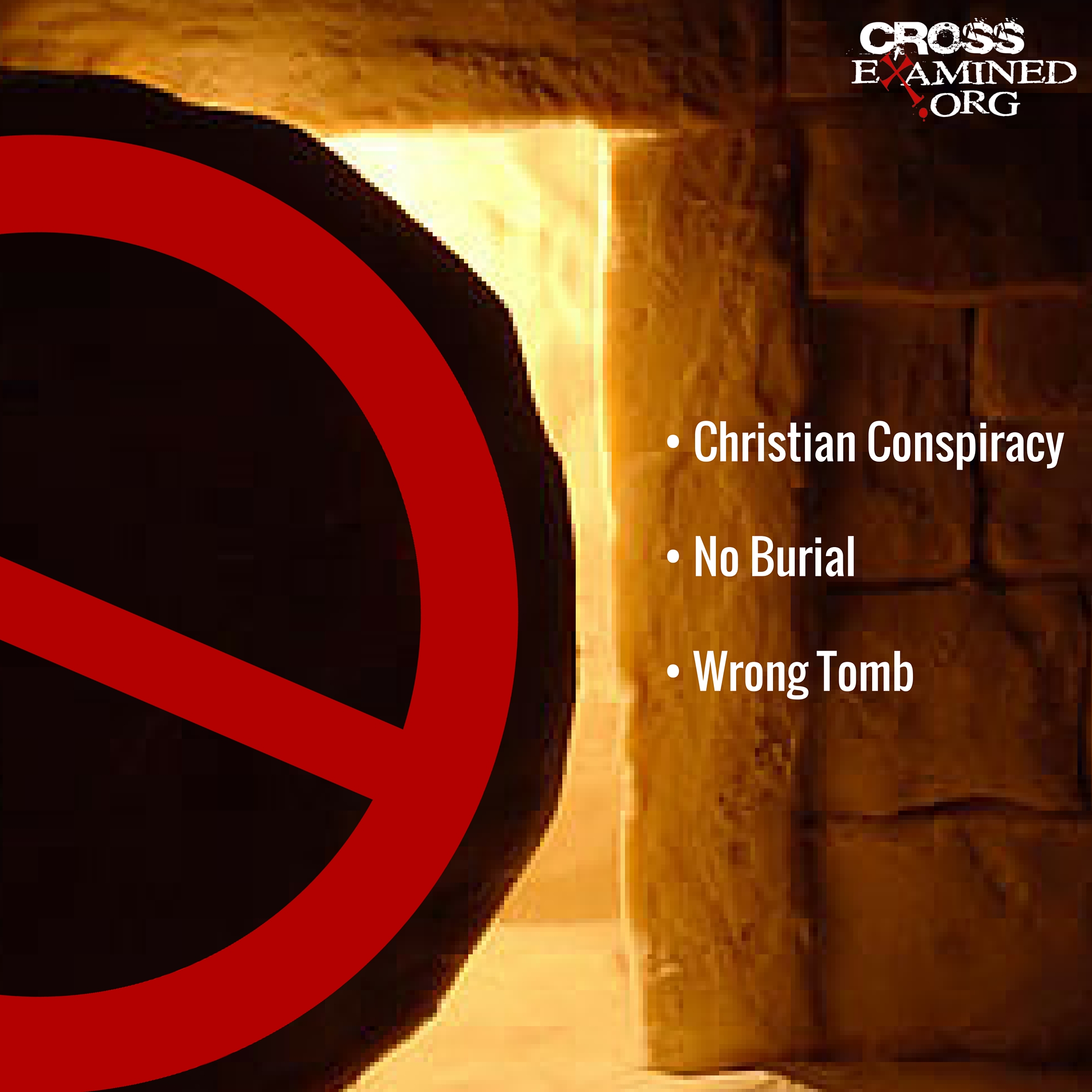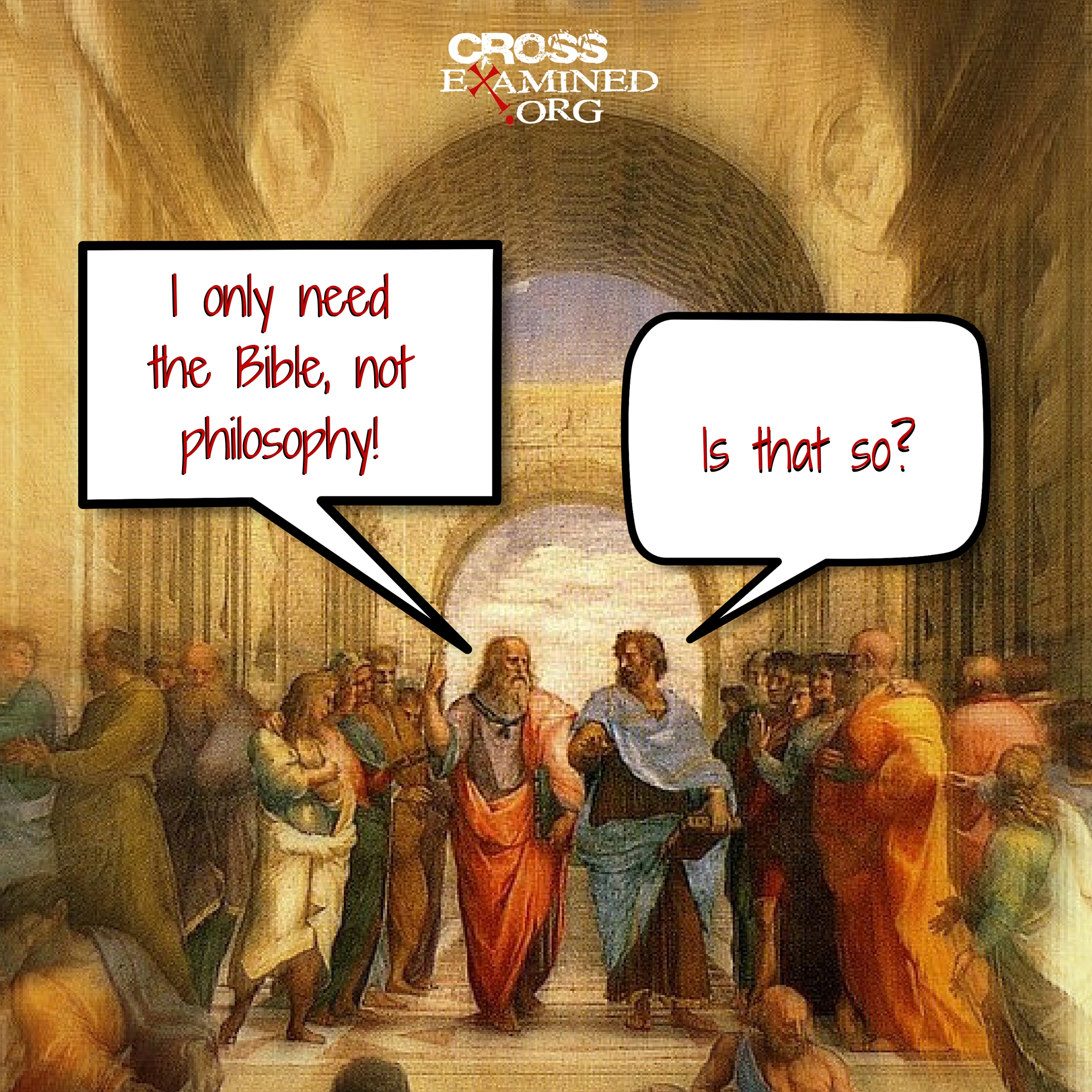By Brian Chilton
Surprising as it may seem, several aspects of the life, death, and apparent resurrection of Jesus of Nazareth are agreed upon by the majority of New Testament scholars, both evangelical and secular alike. In his book The Historical Jesus, Gary Habermas provides twelve minimal facts about Jesus that nearly all scholars agree, but that the empty tomb is “not as widely accepted, [even still] many scholars hold that the tomb in which Jesus was buried was discovered to be empty just a few days later.”[1] Why is the empty tomb not as widely a held fact by scholars as other aspects of Jesus’ life? Seeing that scholars agree that “the disciples had experiences which they believed were literal appearances of the risen Jesus,”[2] would an empty tomb not be implied? It would seem so. William Lane Craig notes that “if the burial story is basically accurate, the site of Jesus’ tomb would have been known to Jew and Christian alike.”[3]
Therefore, this blog will defend the hypothesis that the tomb of Jesus of Nazareth was empty on the first Easter morning, demonstrating that it coincides with the notion that Jesus of Nazareth was raised from the dead in a physical and literal body. To demonstrate such a case, the blog will first evaluate arguments offered against the empty tomb hypothesis. Next, the blog will provide historical reasons for holding that an empty tomb was possible. Then, the blog will assess the early church’s belief that the tomb was empty. Did the early church believe the tomb to be empty or was it a later legendary fabrication as some argue? Finally, the blog will evaluate the theological reasoning behind accepting the empty tomb hypothesis. The forthcoming section will first weigh the arguments provided against the empty tomb hypothesis.
Arguments Against the Empty Tomb Hypothesis
As noted in the introduction of the blog, many scholars concede that the disciples saw something on the first Easter morning, although differences exist as to what it is believed that the disciples witnessed. One would assume that an empty tomb would be implied. However, scholars do not always concede that the tomb was actually empty. Part of this skepticism comes from the apparent brief ending of Mark’s Gospel. Most scholars believe that Mark’s Gospel ended with verse 8 with the words, “And they went out and fled from the tomb, for trembling and astonishment had seized them, and they said nothing to anyone, for they were afraid” (Mark 16:8).[4] Daniel Smith argues that “Several features of Mark’s Empty Tomb narrative (Mark 16:1-8) suggest the possibility that it could have been understood as an assumption story, particularly in view of the fact that Mark describes no appearance of the risen Jesus.”[5] Even if Smith is correct, one would still have to acknowledge the words of the angel who said to the women at the tomb, “You seek Jesus of Nazareth, who was crucified. He has risen; he is not here. See the place where they laid him” (Mark 16:6). The blog will address Mark 16 in a later section. So, how is it that skeptical scholars evade the empty tomb hypothesis? Antagonists to the empty tomb propose one of the following three arguments: the tomb was empty due to a conspiracy by the Christians, no actual burial took place, or the disciples simply traveled to the wrong tomb. While other naturalistic views exist, these three most directly affect the empty tomb hypothesis. The blog will now examine these proposals in greater depth.
Conspiracy by the Christians
The first theory against the empty tomb is the oldest. Matthew records that some of the soldiers who witnessed the resurrection came to the Jewish elders and told them what had occurred. The leaders then said, “Tell people, ‘His disciples came by night and stole him away while we were asleep’” (Matthew 28:13). It is difficult to fathom why the disciples would desire to steal Jesus’ body and proclaim him risen all the while claiming that they were promoting the truth. Two problems immediately emerge with the stolen body theory.
First, resurrection as one finds it in the New Testament was not anticipated in the era of Second Temple Judaism. N. T. Wright notes that “‘Resurrection’ in its literal sense belongs at one point on the much larger spectrum of Jewish beliefs about life after death; in its political, metaphorical sense it belongs on a spectrum of views about the future which YHWH was promising to Israel. The hope that YHWH would restore Israel provided the goal.”[6] Wright adds insight to Martha’s acknowledgement in that she believed that her brother Lazarus would “rise again in the resurrection on the last day” (John 11:24) when Jesus stated that her “brother will rise again” (John 11:23). Richard Miller accurately notes that “most scholars have failed to classify properly how Mark’s ‘empty tomb’ narrative would have registered in its Mediterranean milieu. Indeed, it would have been the body’s absence, not its presence, that would have signaled the provocative moment for the ancient reader.”[7] If the early Christians were not expecting a physical resurrection of Jesus during their time, then why would the disciples steal the body of Jesus in the first place? But, another reason cuts away at the foundation of the stolen body theory.
Second, conspiracies generally collapse when the conspirators are challenged. J. Warner Wallace, a former atheist homicide detective turned Christian apologist, notes that successful conspiracies share the following attributes: “A small number of conspirators…Thorough and immediate communication…A short time span…Significant relational connections…Little or no pressure.”[8] Wallace adds that the “ideal conspiracy would involve only two conspirators, and one of the conspirators would kill the other right after the crime. That’s a conspiracy that would be awfully hard to break!”[9] Since the disciples faced brutal deaths and never stopped proclaiming Jesus as risen, the empty tomb hypothesis is strengthened. In addition, Kreeft and Tacelli add that the “disciples’ character argues strongly against such a conspiracy on the part of all of them, with no dissenters.”[10]Since the stolen body theory is the oldest, it was given more attention than the remaining antagonistic theories. Nevertheless, some hold that Jesus was never buried at all.
No Burial
New Testament scholar Bart Ehrman eludes the problems found with the stolen body theory by promoting the idea that Jesus was never buried in the first place. Ehrman believes that scholars must decipher the Gospels “with a critical eye to determine which stories, and which parts of stories, are historically accurate with respect to the historical Jesus, and which represent later embellishments by his devoted followers.”[11] As it pertains to the empty tomb, Ehrman is led to believe that Jesus was never buried and that “the tradition that there was a specific, known person who buried Jesus appears to have been a later one.”[12] Another variation of this argument is propagated by John Dominick Crossan and posits that Jesus was buried in a shallow grave and was “dug up, and eaten by dogs.”[13]Crossan’s argument is basically rendering a variant of the theory that Ehrman proposed. Is there any evidence that Jesus was buried? Since the blog will handle historical reasons to believe that an empty tomb existed, the blog will provide such an answer in the forthcoming section of the blog.
Suffice it to say, it seems unreasonable that the disciples would invent a tomb that could be verified by the people living in the area at the time. 1 Corinthians 15:3-8 contains early eyewitness testimony that predates the New Testament, a fact that nearly every scholar concedes. Licona denotes that “the tradition in 1 Corinthians 15:3-7 is quite early, very probably based on eyewitness testimony, and is multiply attested in term of a general outline of the sequence of events.”[14] How interesting it is that the tradition includes the words that “Christ died for our sins in accordance with the Scriptures, that he was buried, that he was raised on the third day in accordance with the Scriptures” (1 Corinthians 15:4, emphasis mine). If it is true that the tradition of 1 Corinthians 15 dates to the earliest church, then the idea that Jesus was buried cannot be a product of late legendary development.
Wrong Tomb
Another theory holds that the disciples were truly innocent in their claims, but sadly mistaken. The wrong tomb theory, as Geisler illustrates, holds that “the Roman or Jewish authorities took the body from the tomb to another place, leaving the tomb empty.”[15] This theory is simple to dismiss. If the Romans and/or Jewish authorities knew where the body of Christ lie, the authorities would simply have presented the body thus killing the Christian movement from the outset. Note that the disciples began preaching in Jerusalem, the very place where Jesus had been crucified and buried, a mere fifty days after the crucifixion of Christ (Acts 2:14). In addition, Geisler and Turek note that the Gospel writers “record that Jesus was buried by Joseph of Arimathea, a member of the Sanhedrin, which was the ruling council that had sentenced Jesus to die for blasphemy. This is not an event they would have made up.”[16] If the early Christians had a connection with Joseph of Arimathea, then any move by the Romans and/or Jewish authorities would have been noted by Joseph of Arimathea. Therefore, this theory fails miserably.
This article has handled the various naturalist theories that dismiss the empty tomb hypothesis. The next article will provide various historical reasons to believe that the tomb was empty the first Easter.
Visit Brian’s Website: BellatorChristi.com
Copyright, March 13, 2016. Brian Chilton.
Bibliography
Bird, Michael, F., et. al. How God Became Jesus: The Real Origins of Belief in Jesus’ Divine Nature—A Response to Bart Ehrman. Grand Rapids: Zondervan, 2014.
Craig, William Lane. Reasonable Faith: Christian Truth and Apologetics, 3rd Edition. Wheaton: Crossway, 2008.
Davis, Stephen; Daniel Kendall, SJ; and Gerald O’Collins, SJ, eds. The Resurrection. Oxford, UK: Oxford University Press, 2004.
Ehrman, Bart. How Jesus Became God: The Exaltation of a Jewish Preacher from Galilee. New York: HarperOne, 2014.
Erickson, Millard J. Christian Theology. Second Edition. Grand Rapids: Baker Academic, 1998.
Elwell, Walter A., and Barry J. Beitzel. Baker Encyclopedia of the Bible. Grand Rapids: Baker Book House, 1988.
Geisler, Norman L. Baker Encyclopedia of Christian Apologetics. Baker Reference Library. Grand Rapids: Baker Books, 1999.
_______________., and Frank Turek. I Don’t Have Enough Faith to Be an Atheist. Wheaton: Crossway, 2004.
_______________. Systematic Theology: In One Volume. Minneapolis: Bethany House, 2011.
Habermas, Gary R. The Historical Jesus: Ancient Evidence for the Life of Christ. Joplin, MO: College Press, 2011.
_______________., and Michael R. Licona. The Case for the Resurrection of Jesus. Grand Rapids: Kregel, 2004.
_______________. The Risen Jesus & Future Hope. Lanham, MD: Rowman & Littlefield, 2003.
Kreeft, Peter, and Ronald K. Tacelli. Handbook of Christian Apologetics: Hundreds of Answers to Crucial Questions. Downers Grove: IVP Academic, 1994.
Licona, Michael R. The Resurrection of Jesus: A New Historiographical Approach. Downers Grove: IVP Academic, 2010.
Meyers, Eric M. “Secondary Burials in Palestine.” The Biblical Archaeologist 33 (1970): 2-29. In N. T. Wright. The Resurrection of the Son of God. Volume 3. Christian Origins and the Question of God. Minneapolis: Fortress Press, 2003.
Miller, Richard C. “Mark’s Empty Tomb and Other Translation Fables in Classical Antiquity.” Journal Of Biblical Literature 129, 4 (2010): 759-776. Accessed November 6, 2015.ATLA Religion Database with ATLASerials, EBSCOhost.
Smith, Daniel A. “Revisiting the Empty Tomb: The Post-mortem Vindication of Jesus in Mark and Q.” Novum Testamentum 45, 2 (2003): 123-137. Accessed November 6, 2015. ATLA Religion Database with ATLASerials, EBSCOhost.
Wallace, J. Warner. Cold-case Christianity: A Homicide Detective Investigates the Claims of the Gospels. Colorado Springs: David C. Cook, 2013.
Wright, N. T. The Resurrection of the Son of God. Volume 3. Christian Origins and the Question of God. Minneapolis: Fortress Press, 2003.
Notes
[1] Gary R. Habermas, The Historical Jesus: Ancient Evidence for the Life of Christ (Joplin, MO: College Press, 2011), 158.
[2] Ibid.
[3] Stephen Davis, Daniel Kendall, SJ, and Gerald O’Collins, SJ, eds. The Resurrection(Oxford, UK: Oxford University [4] Unless otherwise noted, all Scripture comes from theEnglish Standard Version (Wheaton: Crossway, 2011).
[5] Daniel A. Smith, “Revisiting the Empty Tomb: The Post-mortem Vindication of Jesus in Mark and Q,” Novum Testamentum 45, 2 (2003): 129, retrieved November 6, 2015.
[6] N. T. Wright, The Resurrection of the Son of God, Volume 3, Christian Origins and the Question of God (Minneapolis: Fortress Press, 2003), 204.
[7] Richard C. Miller, “Mark’s Empty Tomb and Other Translation Fables in Classical Antiquity,” Journal Of Biblical Literature 129, 4 (2010): 767, retrieved November 6, 2015.
[8] J. Warner Wallace, Cold-case Christianity: A Homicide Detective Investigates the Claims of the Gospels (Colorado Springs: David C. Cook, 2013), 111-112.
[9] Ibid, 111.
[10] Peter Kreeft and Ronald K. Tacelli, Handbook of Christian Apologetics: Hundreds of Answers to Crucial Questions (Downers Grove: IVP Academic, 1994), 185.
[11] Bart Ehrman, How Jesus Became God: The Exaltation of a Jewish Preacher from Galilee (New York: HarperOne, 2014), 13.
[12] Ibid., 142.
[13] Norman L. Geisler, Baker Encyclopedia of Christian Apologetics, Baker Reference Library (Grand Rapids: Baker Books, 1999), 387.
[14] Michael R. Licona, The Resurrection of Jesus: A New Historiographical Approach (Downers Grove: IVP Academic, 2010), 323.
[15] Geisler, Baker Encyclopedia of Christian Apologetics, 644.
[16] Norman L. Geisler and Frank Turek, I Don’t Have Enough Faith to Be an Atheist (Wheaton: Crossway, 2004), 281.
Brian G. Chilton is the founder of BellatorChristi.com and is the host of The Bellator Christi Podcast. He received his Master of Divinity in Theology from Liberty University (with high distinction); his Bachelor of Science in Religious Studies and Philosophy from Gardner-Webb University (with honors); and received certification in Christian Apologetics from Biola University. Brian is currently enrolled in the Ph.D. program in Theology and Apologetics at Liberty University. Brian has been in the ministry for over 15 years and serves as a pastor in northwestern North Carolina.
Original Blog Source: http://bit.ly/2mGC7CE

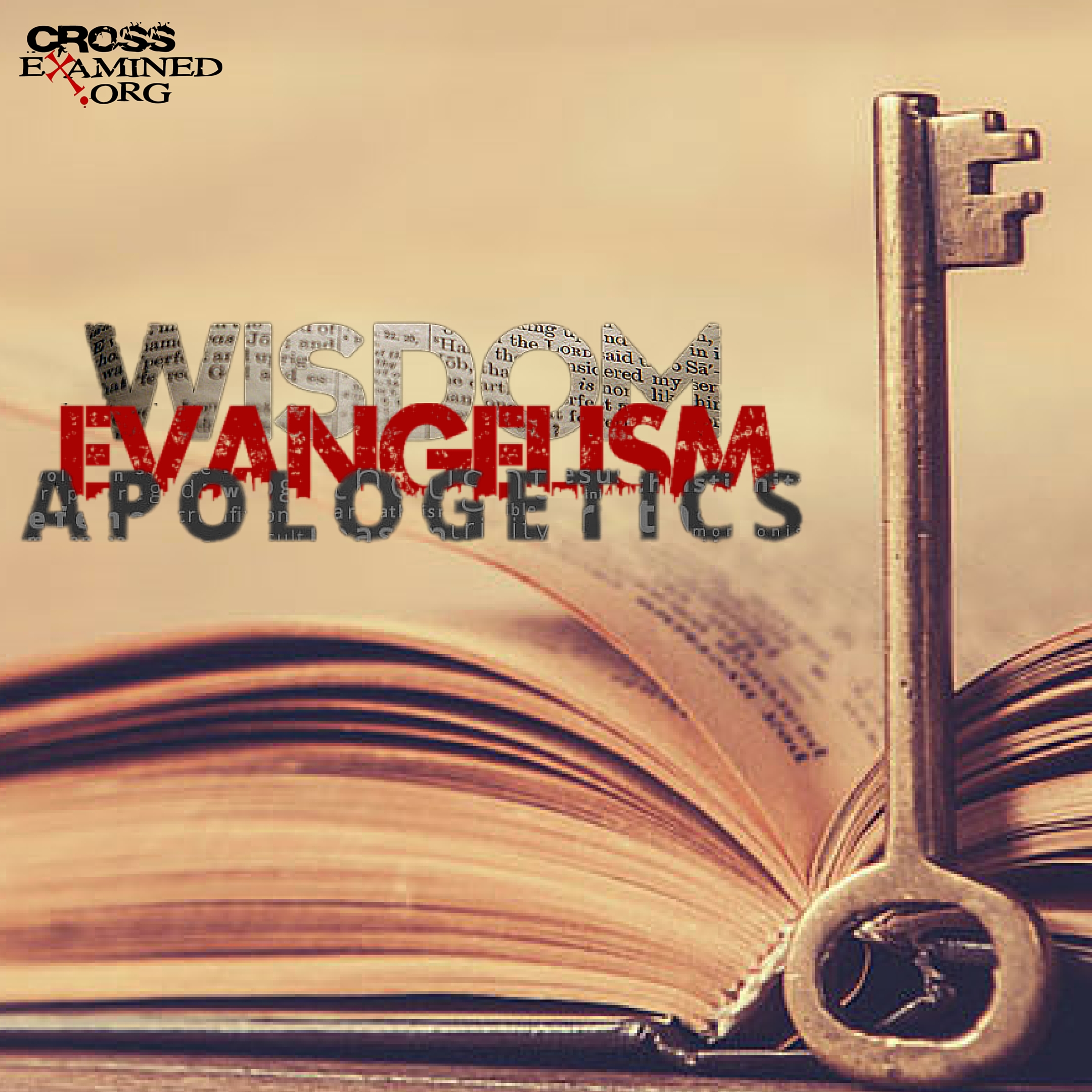
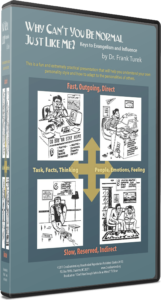 KEYS TO EVANGELISM AND INFLUENCE.
KEYS TO EVANGELISM AND INFLUENCE.  UPWARD, INWARD, OUTWARD.
UPWARD, INWARD, OUTWARD. 